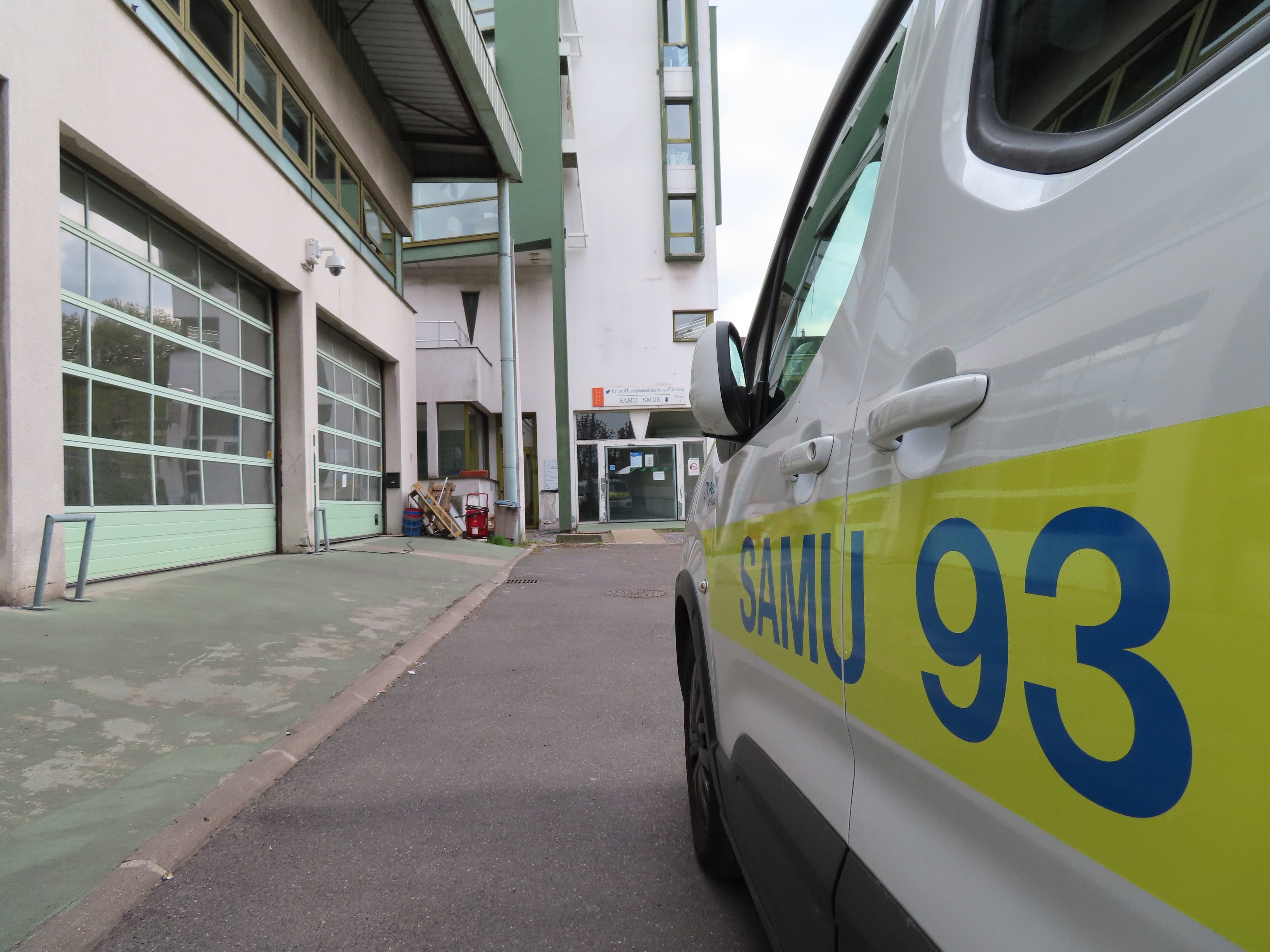A single number, 112, in an emergency, instead of three currently: 17, for contacting the police, 18 for firefighters and 15, for Samu.
This sea serpent for the rescue services has been even more popular with firefighters since the coronavirus epidemic, which has helped to overwhelm them with new calls.
The initiative, supported by Emmanuel Macron, could soon be implemented in France, as several of our European neighbors have already established.
On May 12, deputies voted in committee for the experimentation of this measure, contained in the proposal of the elected LREM Fabien Matras, before the text is examined at the end of the month in public session.
If, in a press release, the national federation of firefighters cheerfully supports this unique number, believing that it is "no longer conceivable to position a vital emergency, such as a cardiac arrest, in the same queue than a request for non-urgent care ”, it is already arousing the fear of many emergency physicians.
"
Ultimately
endangering patients"
They are 250 doctors and elected, to have signed Sunday a column published in the JDD, expressing their concerns about an accentuated congestion of their services and depicting "a response at the same time less effective even dangerous and more costly for the taxpayer" .
This is the case of François Braun, president of Samu-Urgences de France and head of emergencies at Metz-Thionville hospital, the first signatory of this text.
With the Parisian, he said he feared an "impossibility for our fellow citizens to contact a doctor directly in an emergency" as well as the absence of "guarantees on medical confidentiality".
In fact, a 112 operator would take the call first, before redirecting it according to the type of emergency (health, accident, violence, etc.).
"We know that it is in the first words that things are important, putting an intermediary is useless and just risks making us waste time," laments Dr. Braun, who points to another pitfall: "When it is not he is not a health professional who answers, he will almost always send an ambulance, for a transfer to the hospital ”.
Clogging a little more emergency services already saturated, with, according to him, "
ultimately
endangering patients".
Emergency or non-urgent care, how to choose?
"Who will be on the other end of the line?" “, Also questioned on France Info this Monday morning Philippe Juvin, at the head of the emergencies of the hospital Georges Pompidou, in Paris. "The risk of the single number is that you come across someone who will not have the general culture to deal with in his head both a problem the police, serious health or not serious ..."
This number would also be divided into two, with the possibility of dialing 116 117, in the event of the need for non-urgent care.
This again bristles François Braun.
“It is not up to the patient alone to make this choice.
The emergency is not decreed
a priori,
it must be questioned by a doctor.
As soon as people consider they have an acute problem, it is an emergency for us.
This separation does not mean anything from a medical point of view ", protests the emergency physician who agrees to participate in the rewriting of the text, but warns that if necessary" the hospital will be in the street " .
"We must sequence the urgent from the non-urgent"
This unique number is nevertheless popular with firefighters, the vast majority of whose interventions after a call to their number, 18, consist each year in providing assistance to people. "The parameters which manage the emergency call were put in place in 1986. We think that there are things which have happened, which have evolved", comments to the Parisian Colonel Grégory Allione, the president of the national federation of firefighters of France, regretting this opposition between Samu and firefighters, "while we work together every day". According to him, "the Covid crisis was the photographer's dark room, the unfortunate revealer of all our dysfunctions".
He pleads for this distinction between emergency situations, linked to 112, and less imperative care, for which the 116 117 would be dialed. 'engorge. We have to sequence the urgent from the non-urgent, ”he observes. Also highlighting the problem of systems already in tension: "By putting emergency services and treatment in the same channel, we are clogging up two systems, that of the firefighters and ambulance personnel, who come into contact with the population for recover patients and those of emergency physicians, who will then provide care, whether it is urgent or not ”.
Grégory Allione is also campaigning for more “pedagogy” among the population. "If tomorrow you cut your finger with a knife and the wound is benign, you know it's not an emergency, and you can call 116 117. But if the blood is rushing, there it is. is an emergency and it is 112 ”, he illustrates. And to conclude: “And then, the real subject, basically, it is our fellow citizen who will call for help. "

